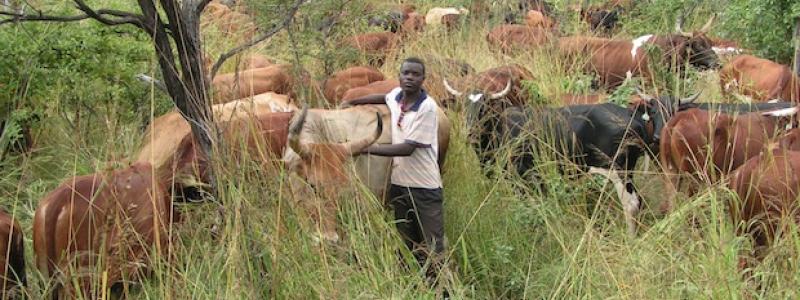
USAID’s Africa Bureau, through the Adapting Lives tock Systems to Climate Change Innovation Lab, aims to better understand the impacts of improved land management practices in grasslands and rangelands in Africa, especially as related to pastoralist communities and their livestock. ISRIC mainly provided inputs with respect to the assessment of present soil organic carbon stocks of grazing lands in Sub-Sahara Africa.
This study was composed of two complementary tasks: 1) develop a comprehensive assessment of the current state of the science of carbon sequestration in grasslands, especially in Africa, and 2) conduct a stocktaking of ongoing or recently completed range- and grassland management projects in Africa, with a geographic focus on the Sahel and Horn of Africa regions.
Production of the review was coordinated by Dr Eleanor Milne in conjunction with a writing team consisting of some seven scientists from Colorado State University (CSU) and key international organisations working on this topic (ICRAF, ISRIC, AGRA, FAO, and ILRI); ISRIC was involved in Task 1.
The final report for Task 1, "State of the Science", will help USAID to determine if “it is strategic to invest resources in sequestering carbon in grass- and rangelands” in sub-Saharan Africa.
The findings and recommendations of the project have been published in Environmental Development in 2016.